‘We cannot sleep’: Mothers caught in the Israel-Gaza conflicton May 13, 2021 at 11:46 pm
Mothers in Israel and Gaza tell the BBC they are terrified for their families as fighting escalates.
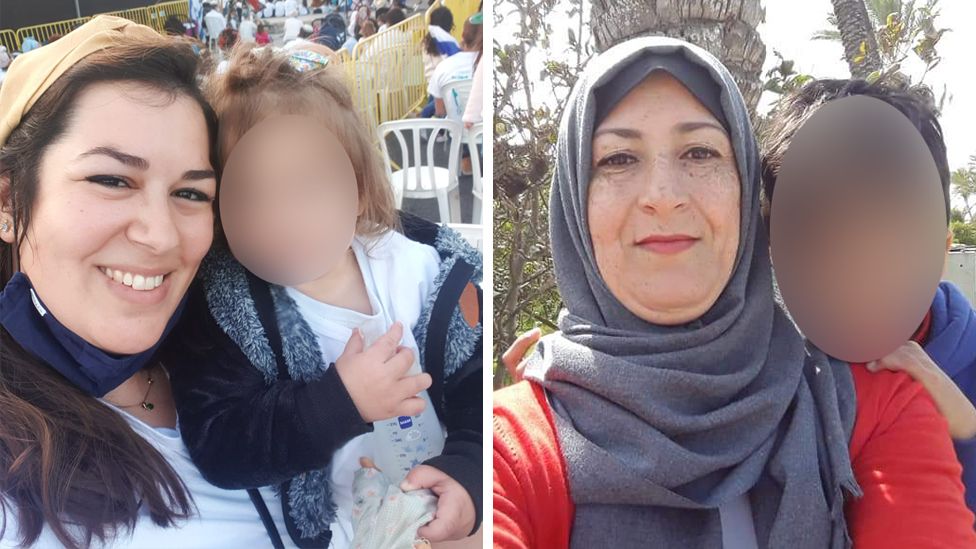
Since missiles began pounding close to her family’s home on the Gaza Strip this week, Najwa Sheikh-Ahmad has been too scared to sleep.
“The nights are so scary for us – for our children,” Najwa, a mother of five, says. “In any moment your home might be your grave.”
All day, she can hear the roar of Israeli fighter jets flying overhead, along with the sound of explosions of missiles and aerial bombardments. “Everything is shaking around us,” she says. “And we are shaking too because we are so afraid.”
She is one of many residents in Israel and Gaza who have been gripped by fear, as Palestinian militants and Israeli forces continue to exchange fire, and street violence among Jewish and Israeli Arab mobs has erupted in many Israeli towns. At least 83 people have now been killed in Gaza and seven in Israel.
The BBC has spoken to two mothers – one Palestinian, one Jewish Israeli – who have been caught up in the worst fighting the region has experienced in years.

As hundreds of Israeli missiles hit Gaza on Wednesday night, Najwa Sheikh-Ahmad’s family sheltered together in the middle of their first-floor home.
The fear the next bomb might hit their home was terrifying beyond words, Najwa says.
“You might in any second be in a bombardment around you, targeting your house or targeting your neighbourhood,” she says. “This may change the place where you are supposed to be safe into a grave for you and your children, for your dreams, for your memories, for everything.”
Najwa lives with her husband and five children, aged 11 to 22, on the edge of a refugee camp in the centre of the Gaza Strip – a small, crowded piece of land on the Mediterranean where 1.8 million people live. Dozens of civilians, including 17 children, are among those who have been killed in the latest Israeli strikes targeting the Islamist group Hamas, according to authorities in Gaza.
Israel says dozens of those killed in Gaza were militants, and that some of the deaths are from misfired rockets from Gaza.
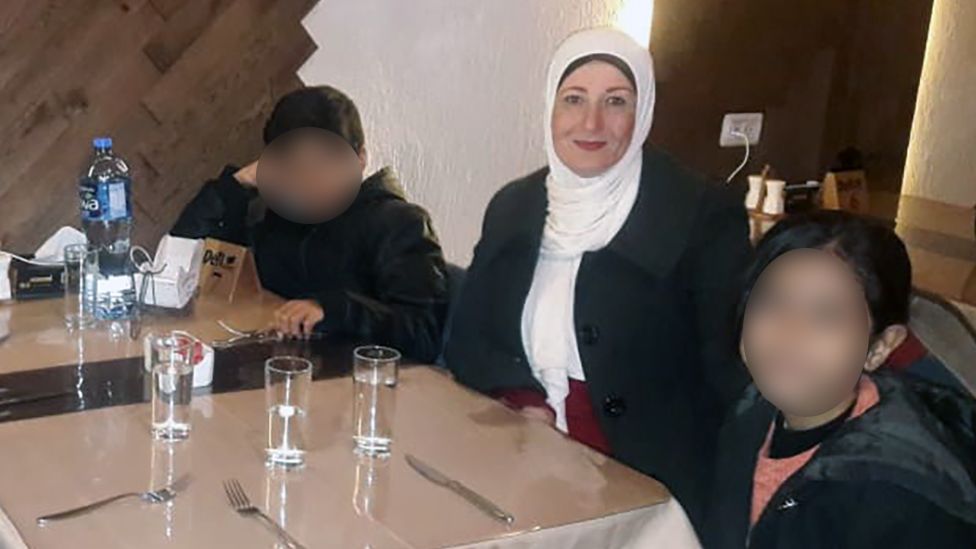
Najwa’s fears have only heightened with talk of a possible Israeli ground offensive in Gaza.
“You cannot be secure,” she says. “As a mother it’s very terrifying, it’s very exhausting for my feelings, for my humanity.”
Najwa is unsure how much to tell her children about the violence that is unfolding around them.
“I stopped saying anything to them,” she says. “[But] it’s not easy to hide your fears. Because you do not know if this is a secure place or not.”
But despite her efforts to shield her children from talk of fighting, Najwa knows it is inescapable.
“They’re tracking the news all day, even if I told them not to,” she says. “It’s all over Instagram and social media. It’s all destruction.”
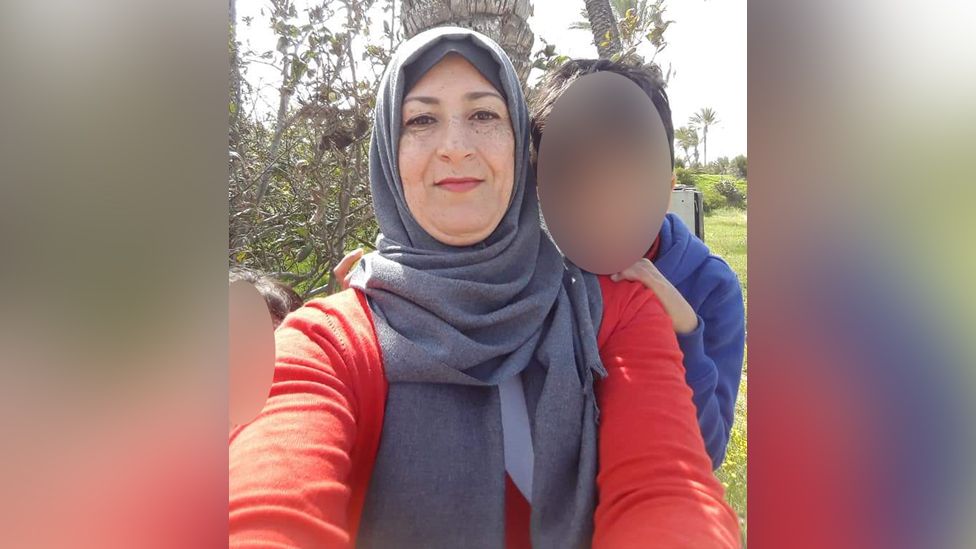
Najwa is concerned about the mental toll repeated bouts of conflict that have marked Gaza’s recent past is having on her children. Her youngest son, Mohammed, who is nearing his 12th birthday, has already lived through the Israel-Gaza wars of 2008-2009 and 2014, which killed thousands of civilians.
“I can’t imagine when he grows up – what are the memories that he wants to tell his children?”
And as the air strikes persist, Najwa is conscious of the effect it is having on her too.
“You cannot get used to all the horrors, you cannot get used to hearing the sounds of children crying and screaming,” she says.

When a violent Israeli-Arab mob reached the street outside her home in the town of Lod on Monday night, Tova Levy knew it was time for her Israeli-Jewish family to flee.
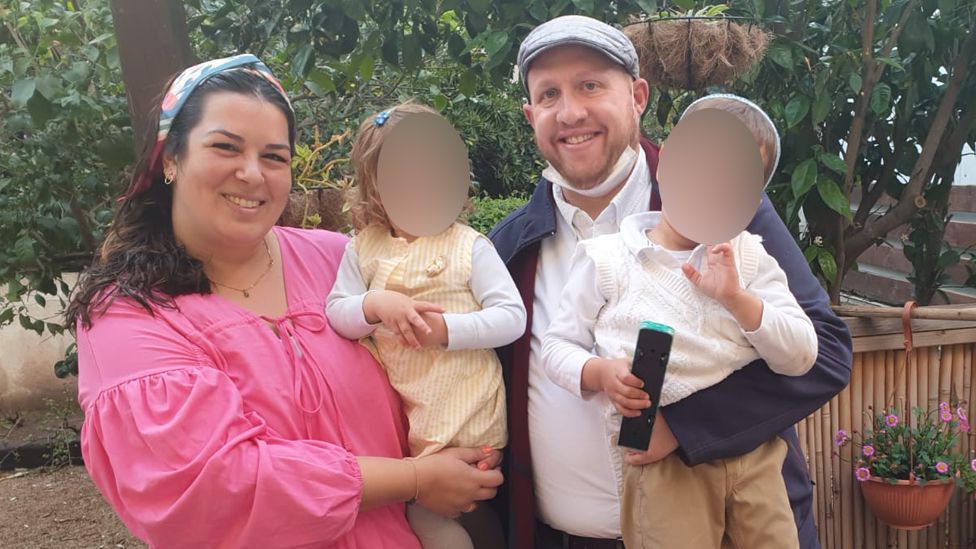
Throughout the evening, Tova had been reading worrying updates in her community WhatsApp group. Friends sent messages warning that a “mob” had left one of the local mosques, and were taking full-scale rioting across the mixed Arab-Jewish Israeli town, lying 15km (9 miles) south-east of Tel Aviv.
Soon, she says, the rioters were close to her house, where she lives with her husband and two young children.
“They started burning things. [It was] really, really shocking… I was terrified,” Tova says. “I thought, ‘What’s preventing them from walking up and breaking down my door?'”
The family quickly packed up some of their belongings and fled south, to the home of Tova’s brother-in-law, near Beersheba. “We left as we were too scared to stay,” she says.
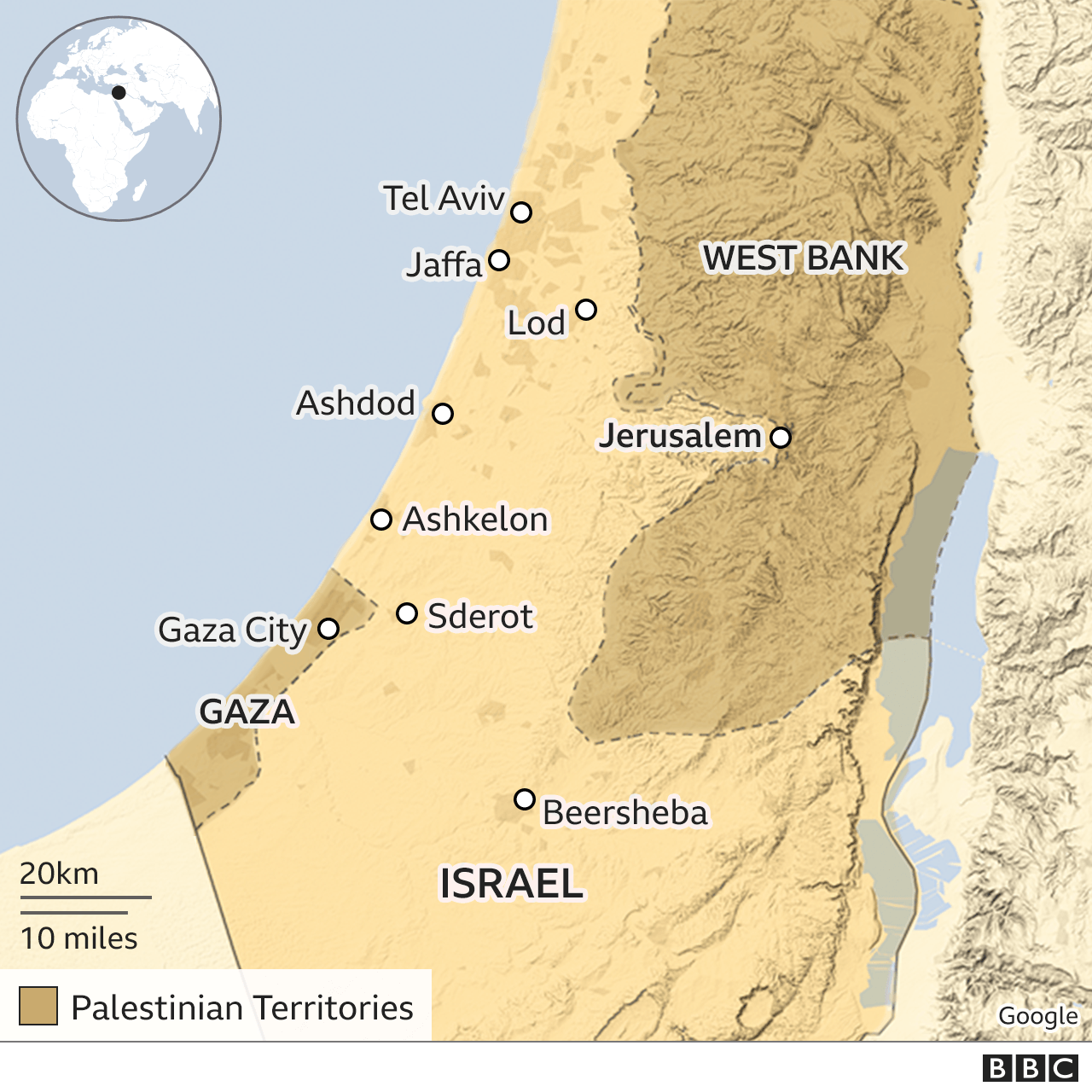
Since they left, street fighting in Lod has exploded. Protests by Israeli Arabs in the town turned into full-scale riots on Tuesday night. Demonstrators clashed with police and set cars and buildings ablaze, the day after a funeral for a man allegedly shot dead by Jewish residents. The town’s mayor declared: “Civil war has broken out in Lod.”
Tova has asked a neighbour to take down a mezuzah, a piece of parchment with the Shema prayer inscribed on it, which many Jewish families fix to doorposts on their homes as a reminder of God’s presence. “I’m too afraid that the mobs will break into our house,” she says.
Tova is worried about what will be left when they return.
“We don’t know if we are going to have a home to go back to. I don’t know if our house is going to be bombed when we go back.”
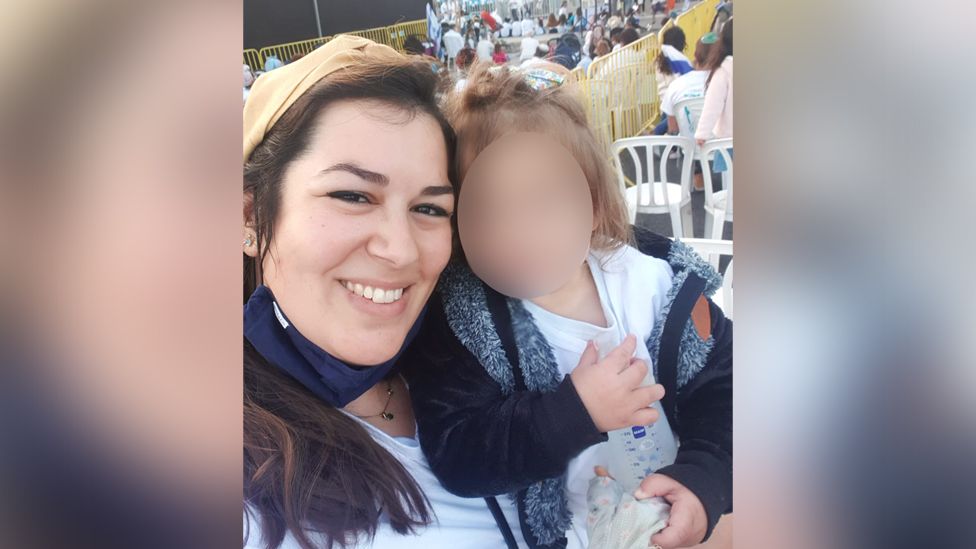
Since Tova’s family left Lod, the town has come under rocket attack. Two Israeli Arabs were killed when a rocket fired from Gaza hit their car on Wednesday.
As air raid sirens sounded throughout the night, thousands of people took cover in bomb shelters, including many of Tova’s Jewish neighbours who remained in Lod. They had to share the shelters with Arab neighbours, who they believed may have been involved in the riots, heightening their fears.
“Some of the other families decided not to go into the stairwell,” she says. “Some of them went down for a bit and then left as soon as they could.”
As tensions escalate, Tova is unsure how to explain what is happening to her four-and-a-half-year-old son.
“He knows that there have been explosions because of bad people,” she says. “I still feel like I can’t tell him that it’s been Arabs who are doing that to us. I want him to be able to live peacefully among his neighbours. I don’t want him to grow up with this fear of Arabs.”
Tova worries that her family will only continue to find themselves caught up in the worsening conflict.
“We are all civilians and we are fighting each other,” she says. “It’s scary; it’s very, very scary.”
